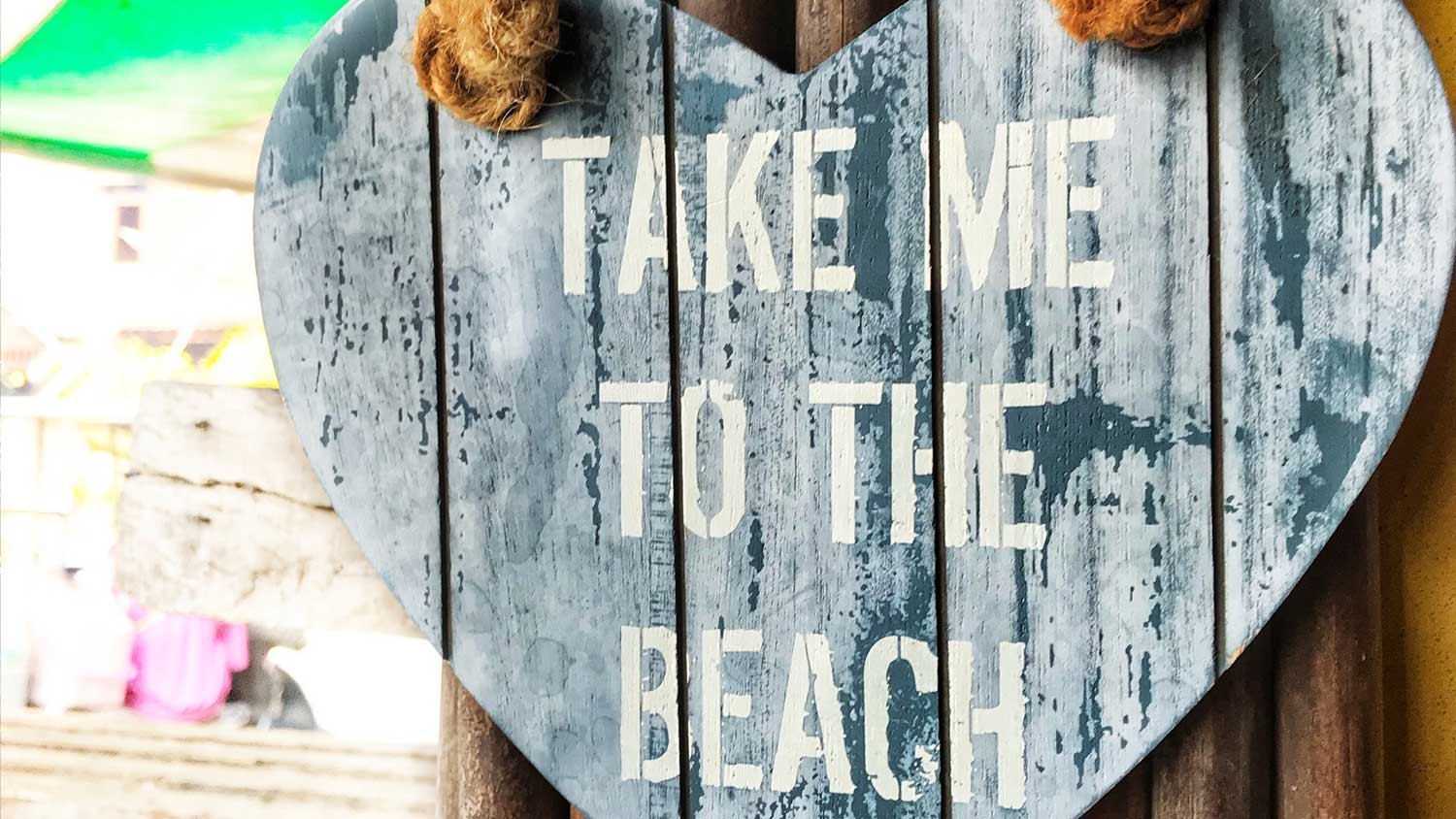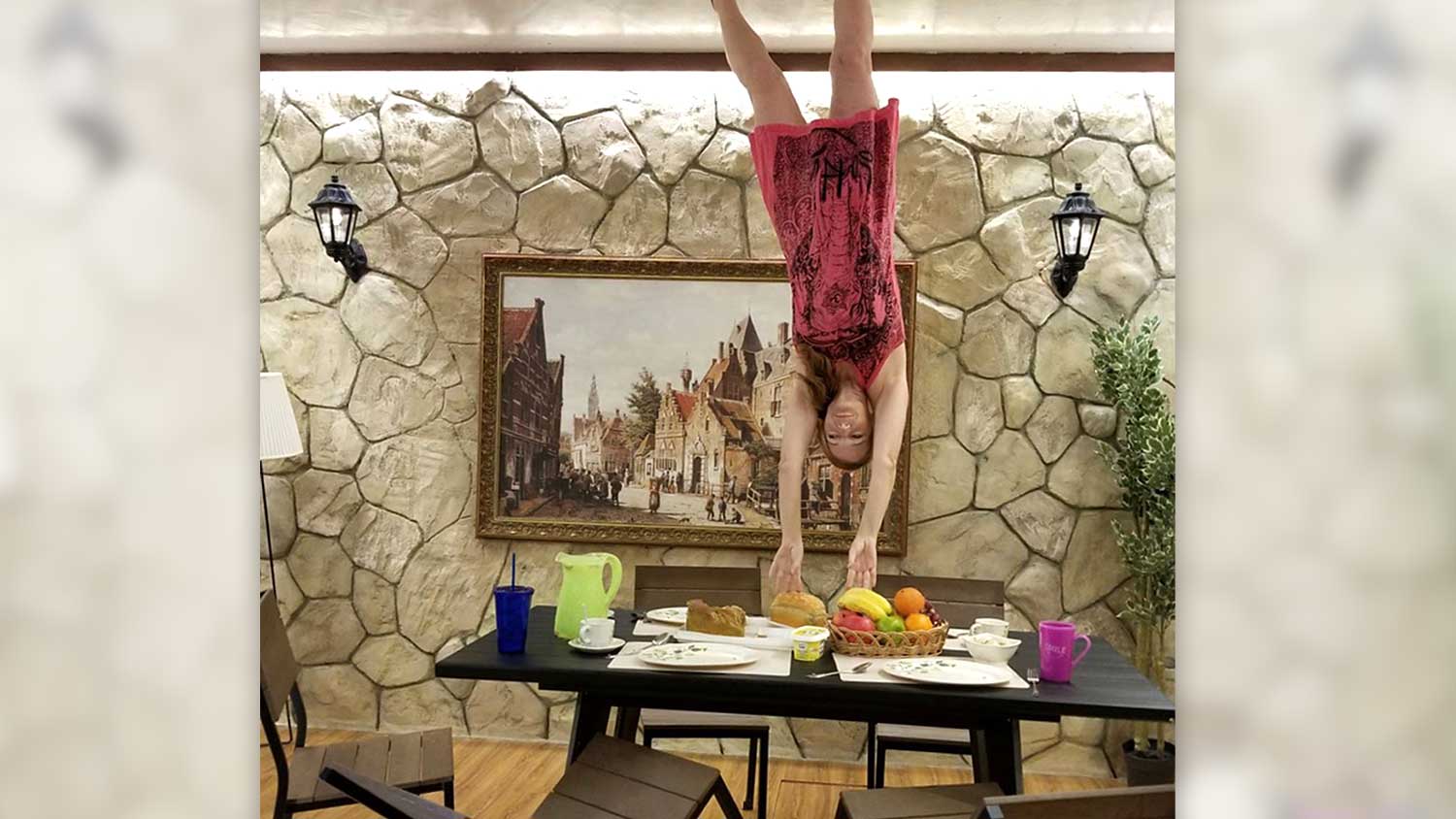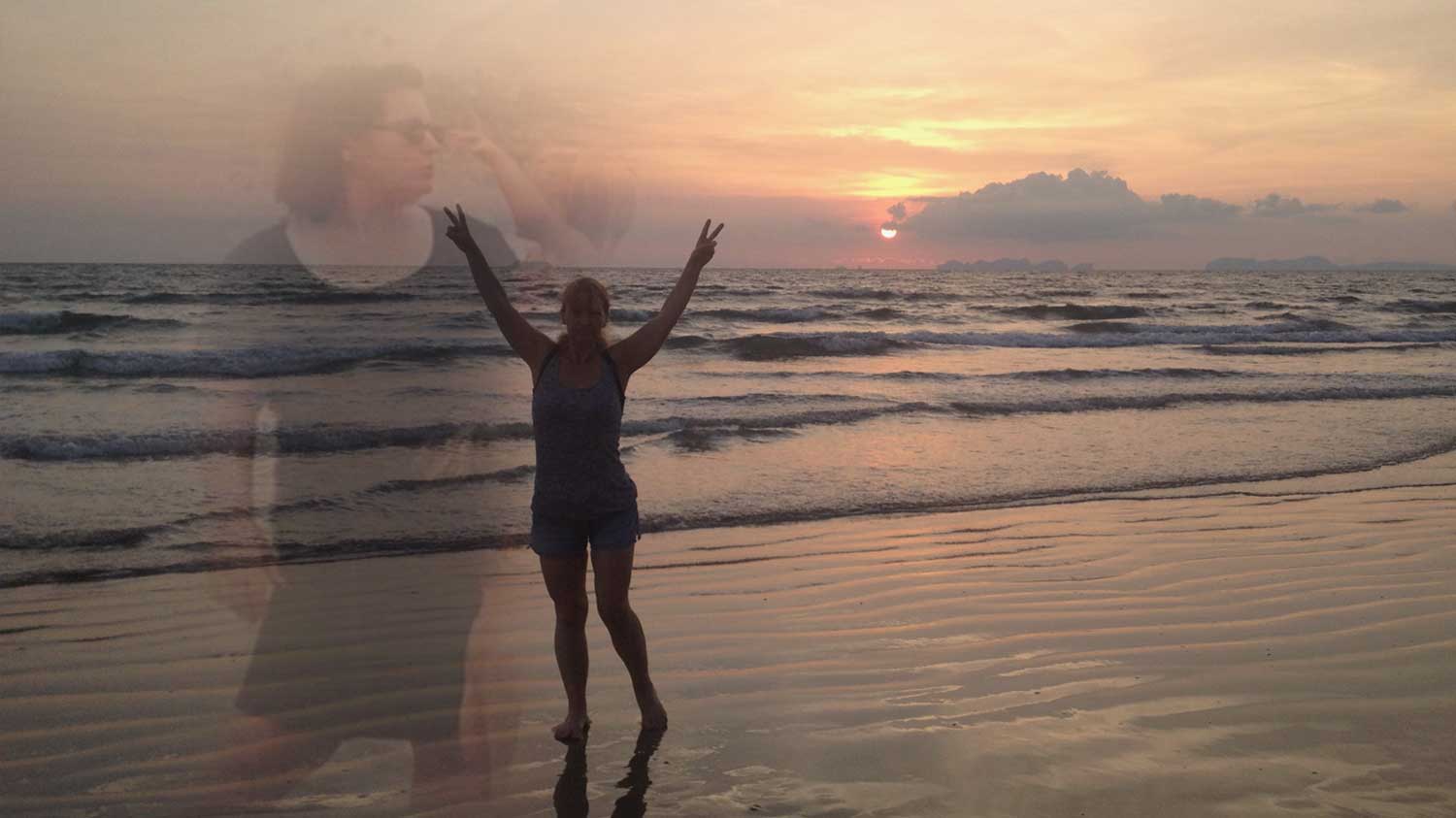The Squeeze that Broke the Dam
We were not very close, my father and I. Sure we were cordial. Polite. Even friendly. But consistently superficial – shallow, even. Always joking, always laughing, but never really talking. Communication was neither of our strong points. We were the comedians – the happy makers – the King and Princess of rose-colored glasses. So that day in the doctor’s office was no different. Until the squeeze. The squeeze that finally broke the dam.
It was March of 2003. I was sitting with my father in an exam room, waiting for the results of the CT scan for his back pain. We were in uncomfortable chairs, bored, making meaningless small talk. The PA walked in, took his seat, and without any preamble or warning matter-of-factly looked at us both and stated that my father had cancer – and it had spread throughout his body.
We sat there in shocked silence. Strong. Stoic. Expressionless mannequins, side-by-side. Our world was shattering around us, yet we were both fighting to maintain our neutrality, to show no feelings. Two emotionally-stunted human beings. Then quite unexpectedly I felt my right arm go up as I reached out smoothly and silently, grabbed my father's hand - and squeezed.
In that instant, that one simple touch, that one simple connection of skin against skin, communicated what I had never been able to actually voice: I love you Dad.
He died five months later.
Touch provides comfort. Touch reassures. Touch helps physical and mental growth. Most of all, touch communicates, as I learned that fateful day.
Unless you are in a relationship, have small children, or even pets, touch is persona non grata. And yet – yet – it is probably the most important part of life.
At the IDEA fitness conference in July of 2007, Life Fitness founder Augie Nieto, now confined to a wheelchair due to ALS (Lou Gehrig’s disease) spoke as a keynote presenter. His speech was infused with humor and insight.
Possibly his most poignant point was about touch. He stated that touch is his most basic need now, the one thing he craves. And he made it clear that we need to touch people in wheelchairs, because they really need the interaction and the reassurance that it provides. He received a standing ovation.
Touch is magic. In people of all ages, it reduces stress, increases seratonin levels, releases oxytocin, and reduces cortisol levels in the body. Studies on infants and children link touch directly to healthy physical development. And yet we don’t do enough of it.
Don’t be afraid to reach out. Don’t be afraid to hug. Let’s not have society dictate an existence that forces us further apart from each other. We waste too much time in front of televisions, computers and in cars. We can be with people and yet feel alone and lonely. And if we are not careful we will wither away.
If you have kids, pets or are getting some “action” – maybe you have enough. But for the rest of us, or the handicapped, or the elderly, touch is probably fairly non-existent.
We are all aware of what touching is appropriate and what’s not. Let’s not fear so much. Reach out – hug – pat someone on the arm or the back. If someone is sad, hold their hand. If someone needs your arms, have them ready. It’s not hard. And it will make a difference – to all of us.
Pass it on.


